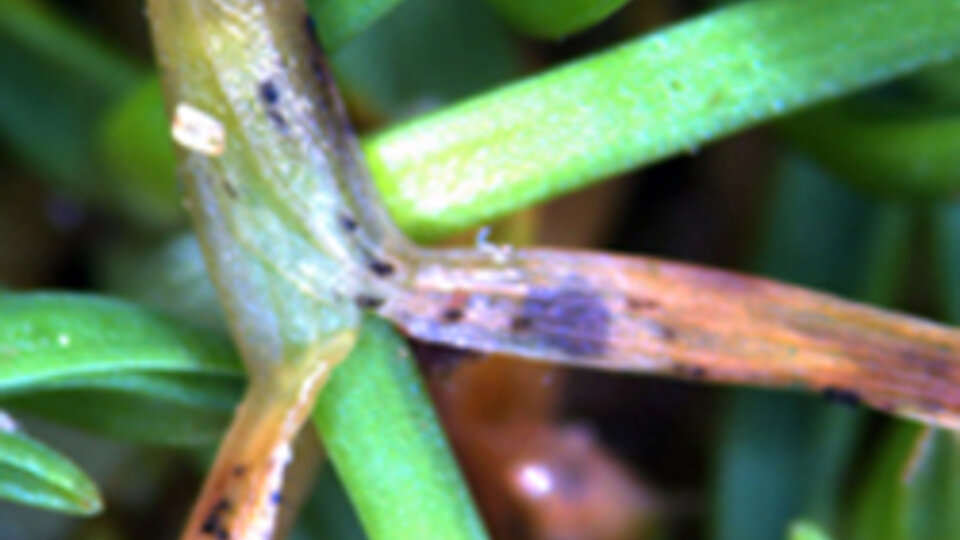Anthracnose is a common fungal disease that affects a wide range of plants, including trees, shrubs, and herbaceous plants. Anthracnose primarily affects leaves, but it can also impact stems, flowers, and fruits.
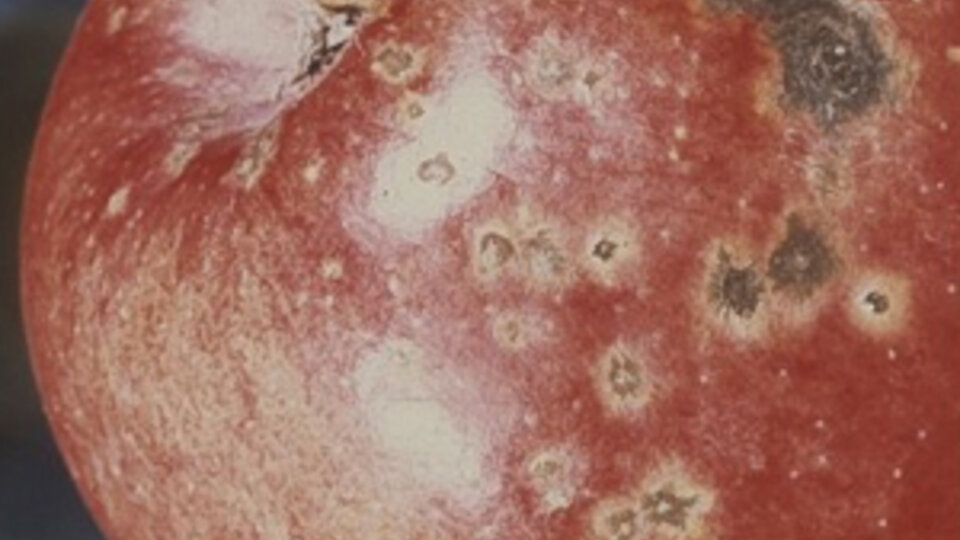
Apple scab is a common and damaging fungal disease affecting apple and crabapple trees. Caused by the pathogen Venturia inaequalis, apple scab can significantly impact fruit quality and yield, as well as the overall health of the tree.
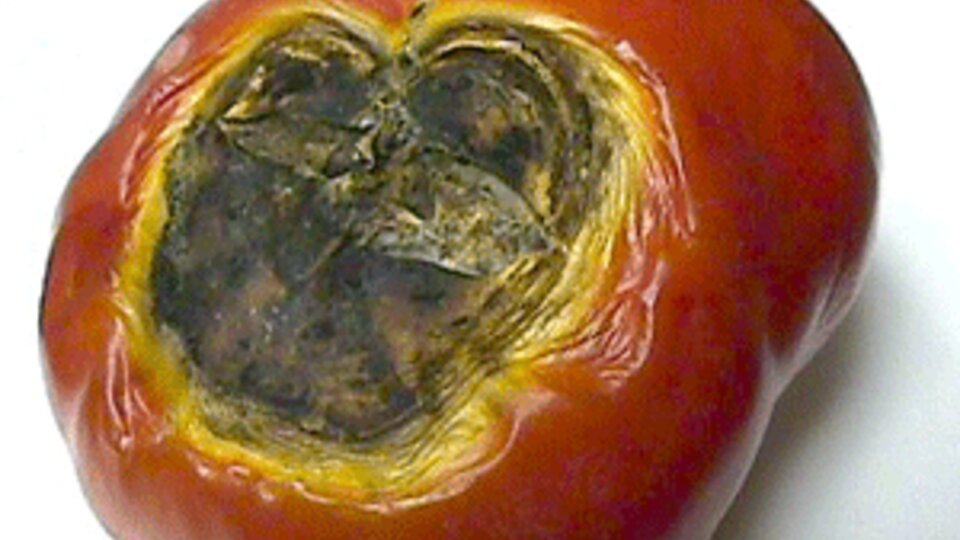
Blossom End Rot is a common physiological disorder affecting fruits, particularly tomatoes, peppers, and squash. It is characterized by a dark, sunken lesion at the blossom end (bottom) of the fruit. Although not caused by a pathogen, the condition is linked to calcium deficiency and fluctuating moisture levels.
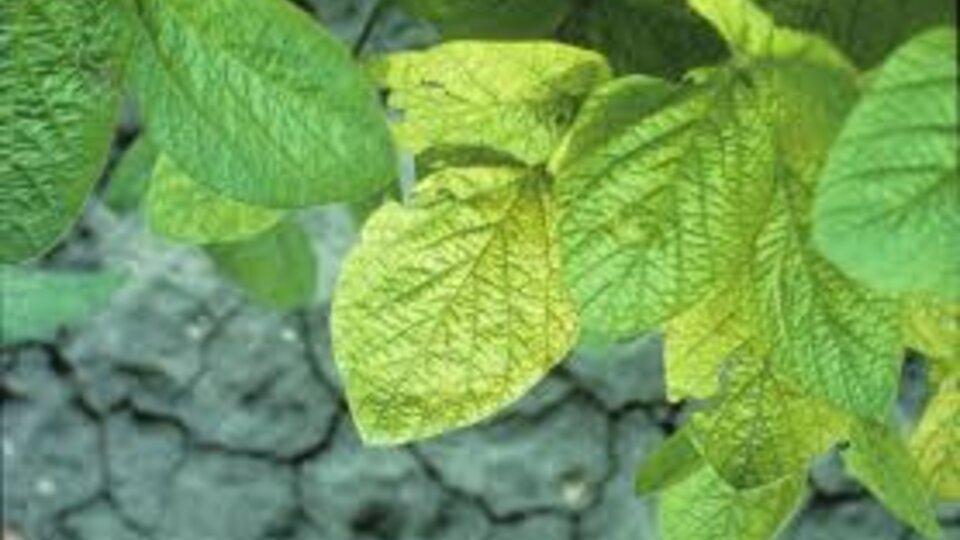
Chlorosis is a condition where plants exhibit yellowing of their leaves due to a lack of chlorophyll, the pigment responsible for the green color and crucial for photosynthesis. Chlorosis can result from various underlying issues, including nutrient deficiencies, environmental factors, and diseases.
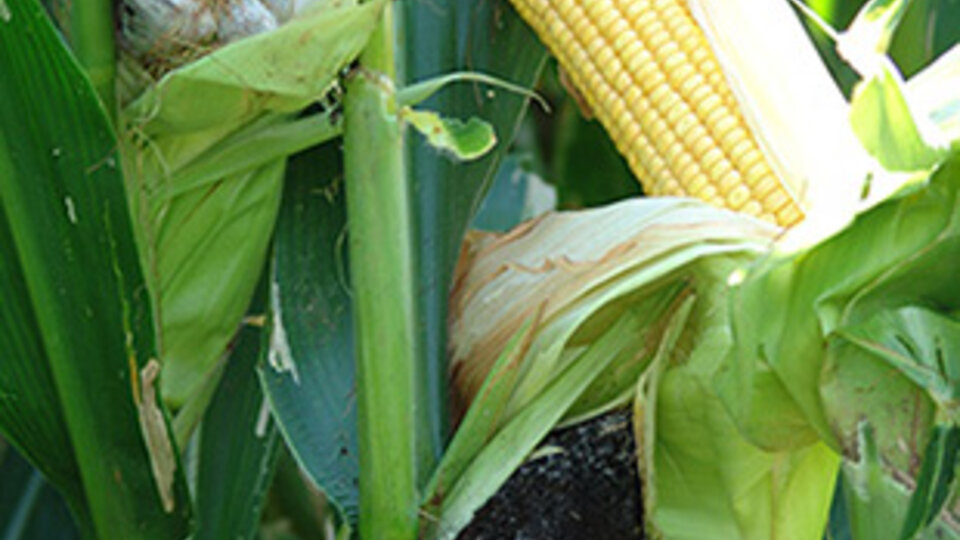
Corn Truffle Fungus, also known as Moniliopsis simplex, is a type of mycorrhizal fungus associated with corn and other cereal crops. It is a soil-borne fungus that forms symbiotic relationships with plant roots, aiding in nutrient uptake, particularly phosphorus.
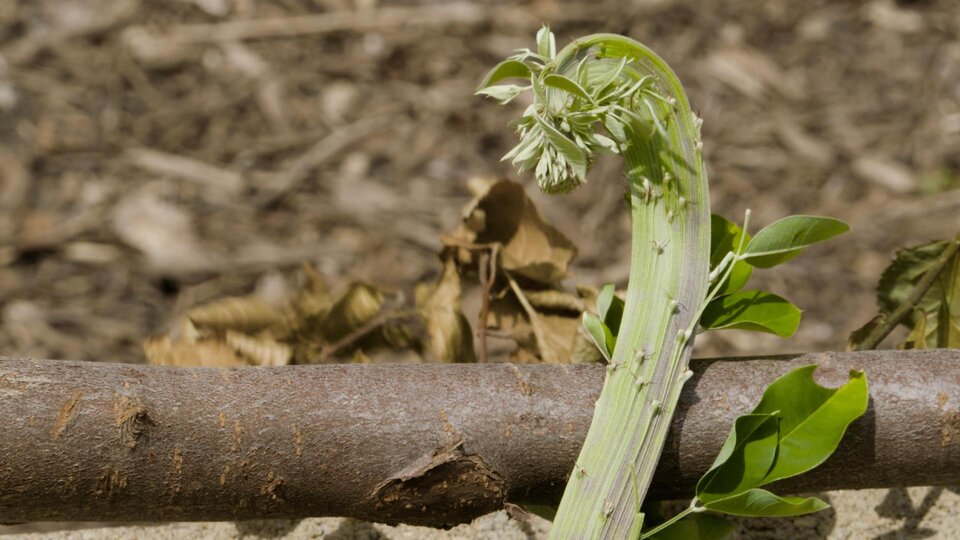
Fasciation is a rare and unusual plant condition characterized by the abnormal flattening or elongation of plant stems, flowers, or other structures. This phenomenon often results in a flattened, ribbon-like appearance, which can affect the overall growth and appearance of the plant.
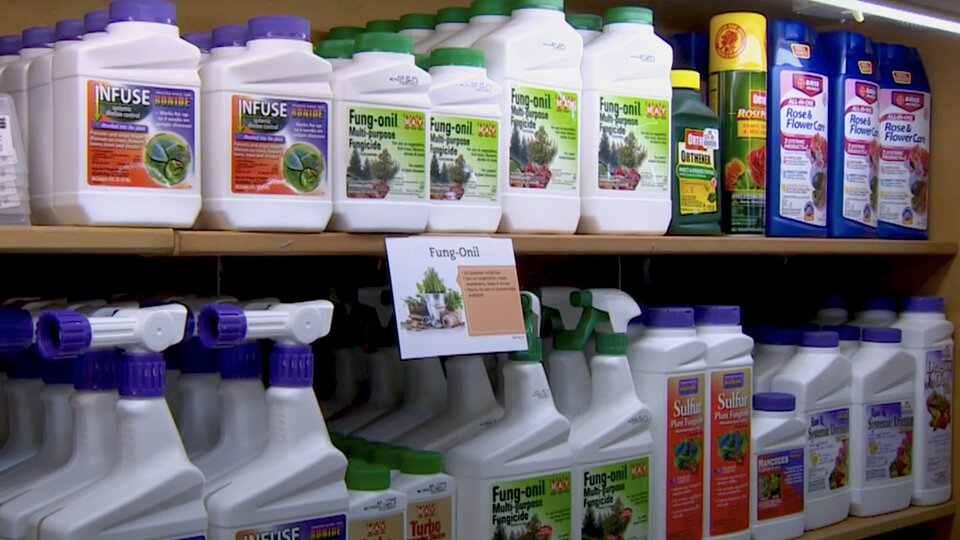
Following the fungicide labels is critical for the effective and safe use of fungicides in managing plant diseases. They provide essential information on the product's use, safety precautions, and application methods.
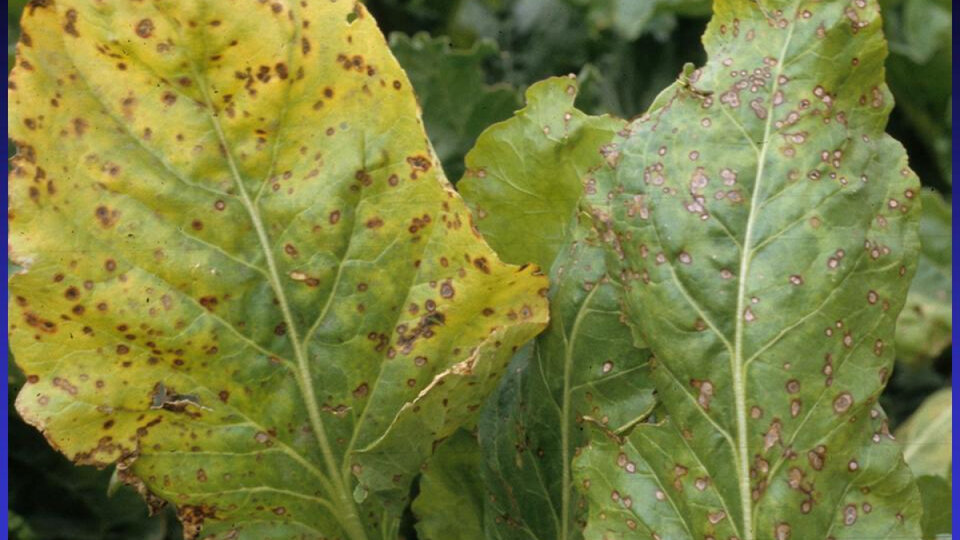
Leaf spots are a common symptom of various plant diseases and conditions, characterized by localized areas of discoloration, necrosis, or damage on the leaves. These spots can be caused by fungal, bacterial, or viral pathogens, or by abiotic factors such as environmental stress or nutrient deficiencies.
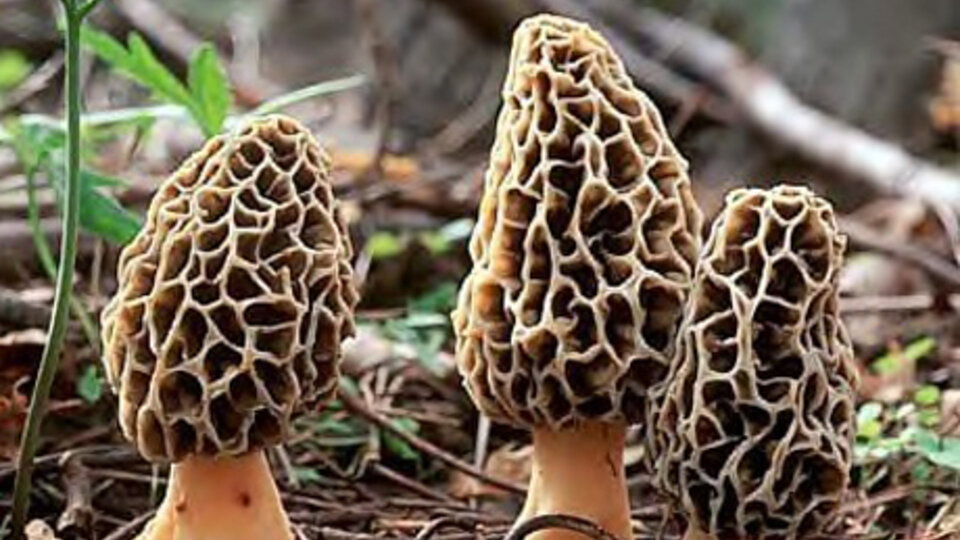
Morel mushrooms are highly sought-after fungi known for their distinctive appearance and rich, nutty flavor. They are considered a delicacy in many cuisines and are prized by foragers and chefs alike.
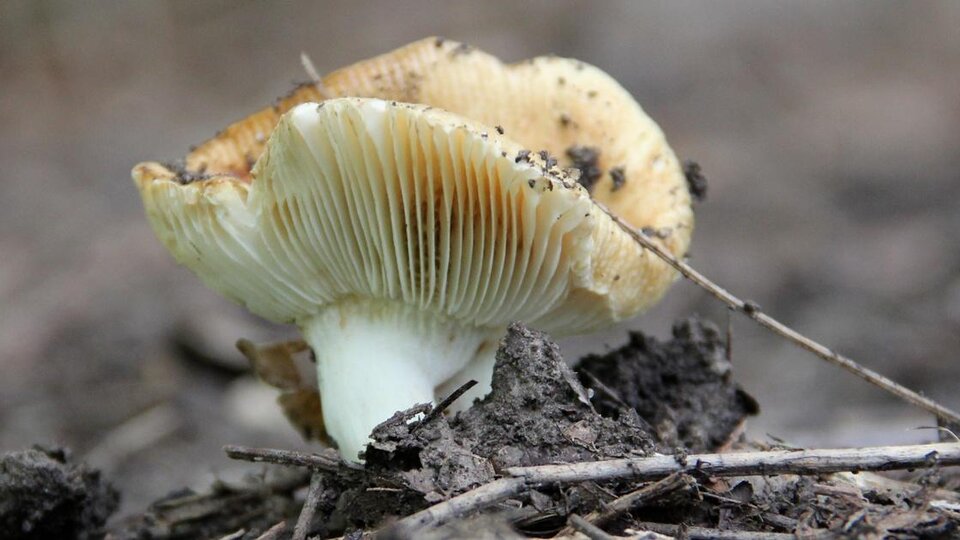
Mushrooms in the landscape can be a fascinating and diverse topic. Mushrooms, or fungi, play important roles in ecosystems, from decomposing organic matter to forming symbiotic relationships with plants.
